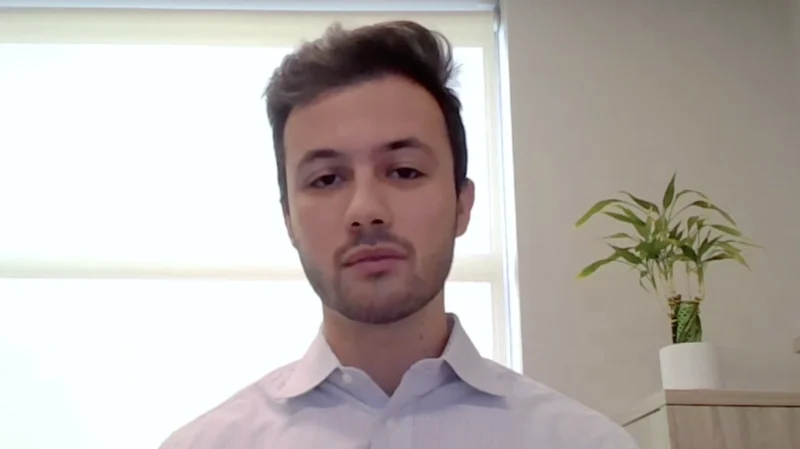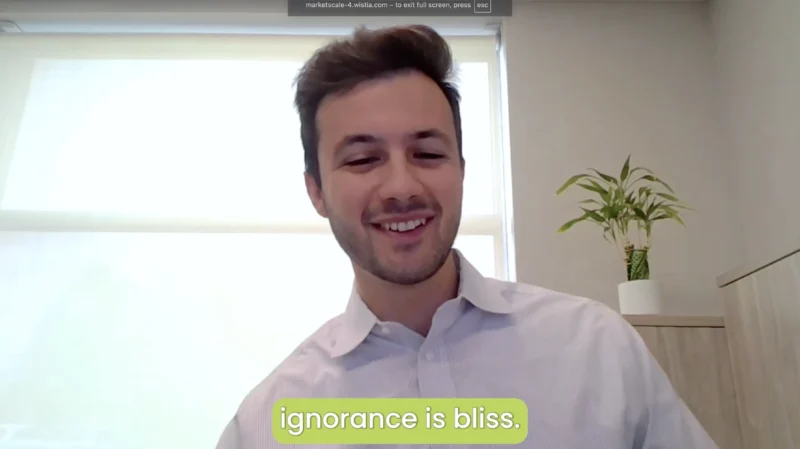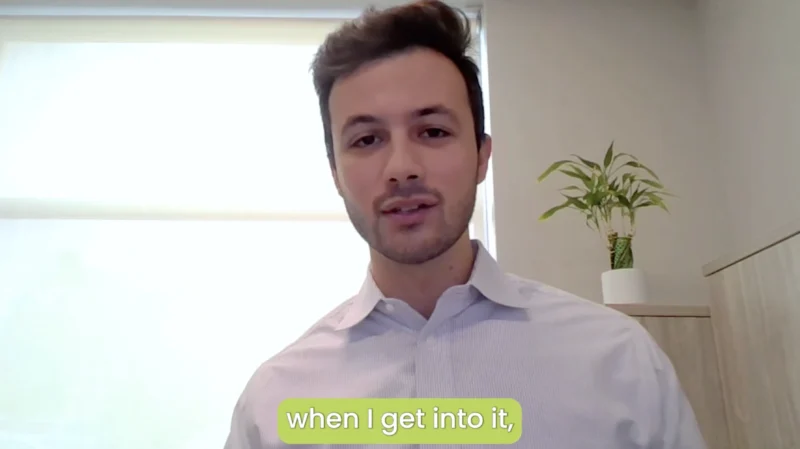Personalized, Tech-Driven Care is the Key to Revolutionizing COPD Management
Managing Chronic Obstructive Pulmonary Disease (COPD) through innovative virtual care models represents a significant leap forward in healthcare. This approach integrates advanced devices, personalized support, and virtual healthcare services to transform patient care.
At the forefront of this innovation is Conversio Health which has evolved from focusing on pharmacy services to becoming a comprehensive disease management entity for COPD and asthma. On this episode of The “Healthcare Rethink Podcast” with host Brian Urban, Conversio Health Co-Chief Growth Officer, Devraj Mukherjee discussed how strategies like a virtual pulmonary rehab program and the “Smart Neb” nebulizer are enhancing medication adherence and providing real-time data to healthcare providers.
This evolution aims at expanding impact within Medicare Advantage, managed Medicaid, and the employer market, focusing on improving patient outcomes and reducing healthcare costs through patient-centric care and technology.




